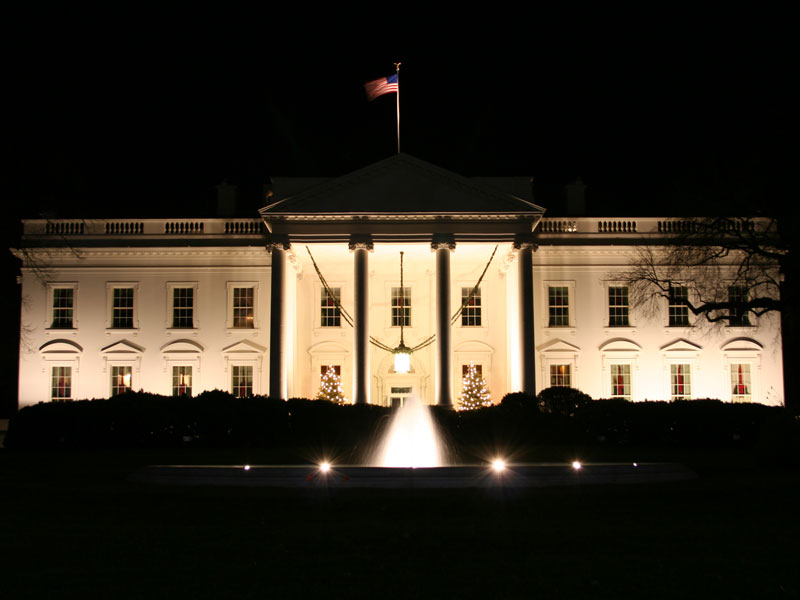In my last few articles about deception in politics, I discussed Elite Theory and The Psychology of Persuasion. While both Elitism and persuasive tactics explain how people are chosen to and remain on top of the political game, there is one more theory worth exploring to explain the concept of deception as it pertains to the political atmosphere.
The Principal Agent Theory, also known as Theory of Agency or Agency Dilemma, states that every free person is an agent acting of their own free will. However, there is also a principal agent, one who uses power to influence the other agents for his or her own benefit. Usually this person is a part of the elite group and uses the psychology of persuasion with the utmost expertise.
The Principle Agent
The principal agent is the actor within this scenario that causes the opposing side to stay within the desired boundaries. He or she does this by manipulating the social dynamics of the situation. This individual might be the gatekeeper for information to be released or withheld, the keeper of the money, or in some other form of control. This control allows the principal agent to shape the illogical fallacies, presumptions and relevance of the topics in question.
[Tweet “A Principal Agent is a part of the elite group and uses the psychology of persuasion expertly”]Principle Agents in the Election 2016
At this point, it is clear that both Hillary Clinton and Donald Trump are losing the battle with their own deceptive traits. Whether or not one is winning in the polls is irrelevant when most of the population believes they are both liars.
Since this is the case, they both needed and used principal agents to maintain their popularity and sweep their deception under the rug so to speak.
Clinton has received endorsements from President Barack Obama, the former CIA director and Bernie Sanders. These are the three key principal agents enabling her to maintain her popularity within the DNC as well as with those few republicans who have temporarily turned their backs on the Republican party.
Trump on the other hand has had endorsements from the NRA, Chris Christie and a few former Vice Presidents, including Dick Cheney. Just as Clinton, Trump needs these endorsements to maintain his popularity with those within the Republican Party as well as the defecting democratic voters.
Trump has even gained ample support from the evangelical community, despite his overtly anti-evangelical lifestyle. This is largely due to a major endorsement from fundamentalist, Jerry Falwell Jr. Those who follow Falwell religiously are now also supporting Donald Trump, despite a controversial photo of the two together with Falwell’s wife, which included a framed Playboy Magazine cover in the background.
Both candidates are enlisting people like Sanders and Christie (agents), who have influence over voting blocks (the principles). These are the voting blocks that each of the candidates are lacking, but need in order to succeed in the upcoming election. If these agents are able to persuade some of their fans to follow them in supporting the candidate they endorse, then the social proof becomes more powerful in that group.
Whether it’s the 2016 presidential election or any other year or political competition, candidates always seek as many of the most influential endorsements that they can. It is not enough to be the elite on top of the elitist party, they have to also have the support of the key players within a number of diverse social, political and economic groups.
What Do We Do Now?
This concludes my trilogy of blog post rants about deception in politics. I hope it has made an impact on the voters of this year. As a democracy, it is our responsibility to ensure we are making the best decisions possible when electing an official for political office. 2016 is an election year, one in which elite theory, the psychology of persuasion and principle agents are at play.
In any situation, we must all sort through the deception, and search for the absolute truth. Critical thinking and inquiry require some work. But if we want to become more than a herd of sheep following the principal agent we identify with the most, then we must combat all of these deceptive tactics.
[Tweet “In any situation, we must all sort through the deception, and search for the absolute truth.”]Have anything to add? Please leave a comment below and share this post with your friends so they can join the conversation too!








Engaging Post Randy. I know that I was in a quandary over the whole situation regarding the vote but I’ve come to the decision that I have to follow my conscience and not compromise my beliefs. Thanks for the “field stripping” of the deception game and keep ’em coming!
don
Very interesting info !Perfect just what I was searching for!